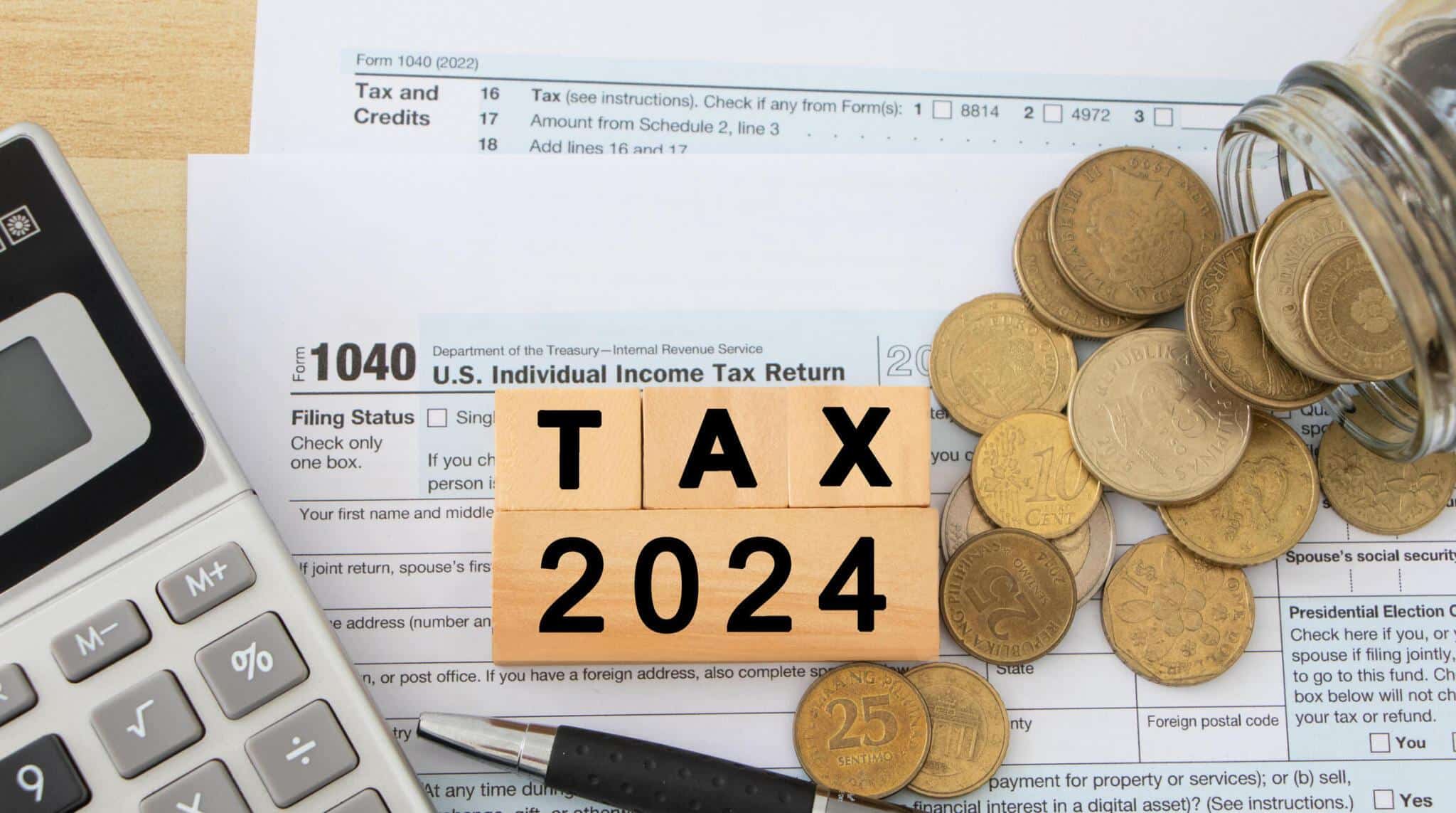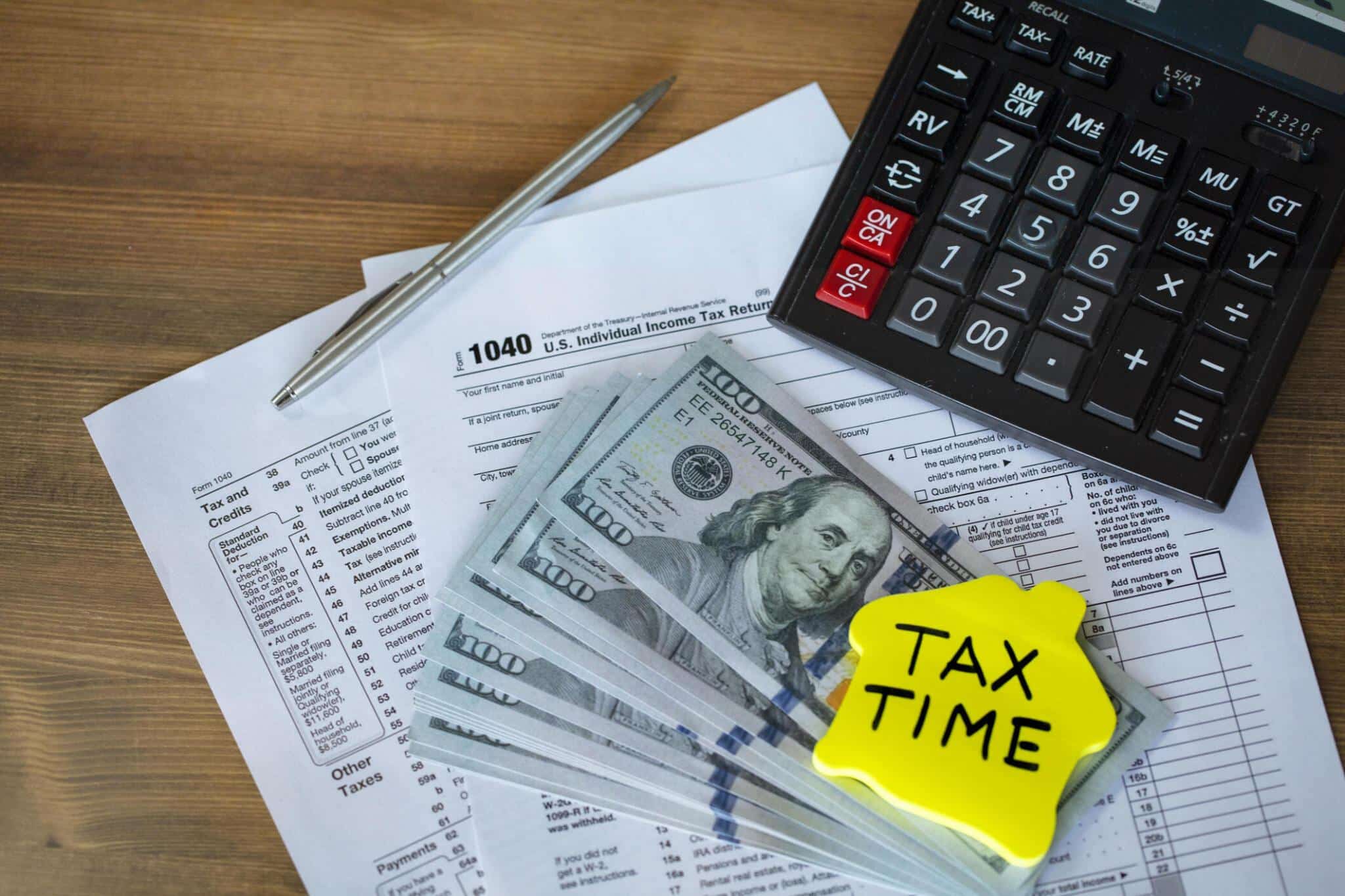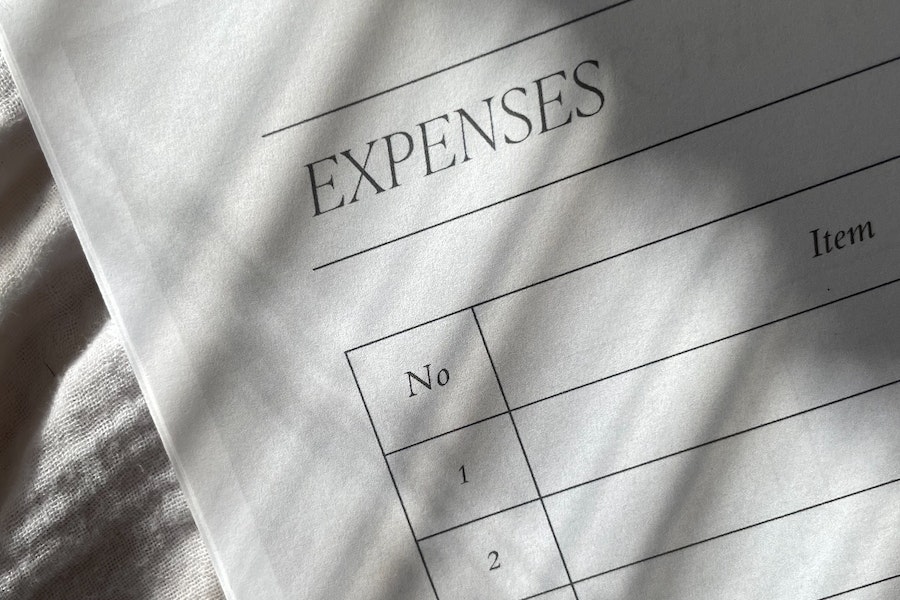Changes to Australian Superannuation are either on the way or have already been introduced. Some of these can be used to minimise your tax bill in the future.
Here is a rundown of the latest superannuation changes and how they may affect you as an employer, PAYG employee or individual.
2022 superannuation changes
- If you’re going through a separation or divorce
As of 1 April 2022, the ATO has implemented an automated system to allow family courts access to each partner’s superannuation information during separation or divorce proceedings. This increases visibility and prevents one partner from failing to disclose the extent of their assets to the other.
- If you’re from New Zealand
New Zealanders are set to benefit from superannuation changes this year. By November this year, the ATO intends to have implemented a system to help New Zealand residents to transfer unclaimed super money from an Australian account to a KiwiSaver provider in New Zealand.
- If you earn less than $450 per month or if you employ people who earn less than $450 per month
As of July 1, 2022, there will no longer be an income threshold for superannuation payments. Australians who earn less than $450 a month will now receive mandatory super contributions from their employer.
If you only work a few hours with your employer, check to confirm they will start paying you super.
If you have casual or part-time employees, speak with your bookkeeper about ensuring super contributions are made.
- If you’re a first home buyer
First home buyers who gain approval for the Super Saver Scheme can add voluntary contributions to the super fund to put towards a home deposit. Previously the amount was capped at $30,000, but as of 1 July this year, the government will raise it to $50,000.
- If you’re selling your home to downsize
After the tumultuous property market of the past few years, the federal government is taking steps to encourage older Australians to downsize earlier. This is in a bid to open up more property for growing families.
To do this, they have changed the age of eligibility to top up super after selling the family home. Previously you needed to be at least 65 to add up to $300,000 to your super after selling the family home. Now, as long as you have owned your home for more than ten years, you are eligible from the age of 60.
- If you’re over 67 and still working
Australians between the ages of 64 and 67 have previously had to pass the ‘work test’ if they wanted to keep topping up their super. This test to prove you were gainfully employed for no less than 40 hours over 30 days has been abolished.
- If you employ other people
The Australian Super Guarantee is the minimum employers must deposit into their worker’s super funds. Previously set at 10%, it will rise to 10.5% this year. This rise will continue incrementally until it reaches 12% in 2025.
If you are an employer, you must be aware of the correct payment you need to make to your employees’ super. Underpaying employees can result in penalties.
As an employer, you should also keep in mind that, as of November 2021, you need to check new employees’ super history if they don’t request a specific fund. Contact the ATO and see if they already have a fund before you set them up with a new fund. This measure has been implemented to minimise the number of superannuation funds many Australians end up with when they switch jobs.
What will this mean for you?
As a first home buyer, casual worker or someone approaching retirement age, these super changes bring benefits. Reach out to your tax accountant about how to take advantage of the changes.
If you’re an employer, speak with your financial professionals about how to ensure you are meeting your new obligations.
Need more advice on this year’s superannuation changes? Reach out to Mobbs & Co.










